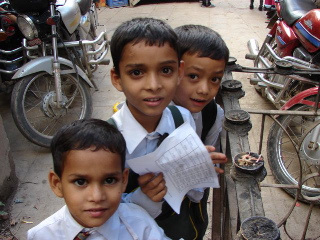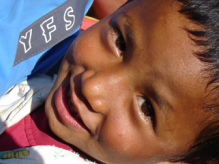"Fresh Water Wells"
Nepal
|
Dedication or the well include a celebration by all the people in the village. In addition to the bore hole providing water, a storage tank makes watering in the green house easier.
|
The World Health Organization reports many of the wells provided to countries do not work. These simple mechanical devices are now maintained by a local group connected to a ministry.
It takes very little to maintain them. We show them how to maintain a successful well as a ministry utility. |
Your gift will make a difference and help people who are receiving spiritual water,
Jesus, and need fresh physical water.
Jesus, and need fresh physical water.
Your gift will help provide a well in a village and improve the health of people.
REACHING PEOPLE FAR FROM GOD
2010-2024
2010-2024





